There are numerous links between using technology and physical performance, and getting enough sleep is one of the contributing factors.
Research on EMF radiation has revealed a wide range of physiological impacts, such as changes in hormone levels, stress and cell damage, and cognitive effects. All of these may affect one's ability to perform athletically or just reduce the likelihood of exercising.
Physiological Changes
EMF exposure can cause several physiological changes, including an increase in the amount of free radicals in our bodies. Free radicals are a result of oxidative damage and DNA fragmentation. In addition, EMFs activate Voltage-Gated Calcium Channels (VGCCs), assisting in the release of neurotransmitters and hormones.
Exercise has benefits because it regulates several hormones in your body. If you want to boost your strength, your body needs to produce more testosterone and growth hormones. These are naturally released while exercising, but there is some bad news: EMFs interfere with the natural production of hormones in the body.
EMF radiation not only causes VGCCs to become overactive in cells, but it also disrupts hormones (EDs). Since electromagnetic radiation (EMF) is not a chemical, it is not officially considered an ED, although it can have similar impacts.
Vitamins are just as essential as hormones in helping our bodies repair. Since EMF radiation increases the amount of free radicals in your body, it may affect the availability of vitamin C, an antioxidant that helps protect muscles from free radical damage.
One study looked at the effects of a 900-MHz electromagnetic field on the vitamin levels of guinea pigs. Not surprisingly, the EMF radiation changed the vitamin levels. EMF radiation disrupts your vitamin levels, which could result in less-than-ideal outcomes.
EMFs and Technology in General are Part of The Sleep Problem.
People are giving up sleep to work longer hours, watch the newest Netflix series, or browse social media. Screen time continues to rise. According to a Comparitech article stated the average American spends just over 7 hours looking at a screen each day.
The addition of technology into our daily lives directly affects the circadian rhythm and melatonin secretion. The circadian rhythm that the body uses to correspond with the sun's rising and setting times. However, blue light and light in general have disturbed this pattern. Adult Americans have slept 6.8 hours on average per night over the past few decades.
The blue light from digital screens tricks our brains into believing it is daytime, which affects the levels and secretion of melatonin. An imbalance in the body's natural rhythm can cause tiredness during the day as well as irregular or poor nighttime sleep.
Even in the absence of digital screens, EMF radiation can still disrupt our sleep patterns by changing cerebral blood flow and brain waves. One study looked at how subjects' sleep EEG readings changed after 30 minutes of exposure to electromagnetic fields (EMFs). The findings showed that, compared to those who avoided using technology right before bed, even this brief exposure time affected the amount of time they spent in deep sleep.
Technology While Exercising
Technology advancements have made it possible for people to exercise more and smarter. But have we once again ignored the invisible but very real negative effects of technology as it enters yet another aspect of our lives?
Let's start by examining Bluetooth headphones. It seems like AirPods went viral overnight. Because Bluetooth headphones allow for wire-free mobility, they are a convenient option. However, the amount of EMF radiation exposure increases due to the lack of wires.
For them to function, the radio transmitters in Bluetooth headphones are placed close to your head—some, like the AirPods, This indicates that EMFs reach the brain, the body's most sensitive organ, directly. Get additional information regarding AirPods' negative impacts here. Warning: EMFs near the brain are not a good thing.
Another new device that is becoming more common is a fitness tracker. According to a Pew Research report, 21 percent of adults in the U.S. regularly wear a smartwatch or fitness tracker.
You'll improve your physical and mental health by taking an hour of your day away from technology. Additionally, your body will benefit from a break from harmful EMF radiation.
Here, you can find out if it is a good idea to Wear an Apple Watch All the Time.
Optimize Your Health by Reducing your EMF Exposure and Technology Usage
Instead of completely giving up on your devices, you can use EMF radiation protection products like Bodywell®. These products reduce EMF radiation from devices by up to 80%. They offer peace of mind while using your devices and are engineered with Swiss technology. Built using advanced technology, tested, and verified by an FCC-certified U.S. lab to effectively reduce EMF exposure. Key benefits of using Bodywell® include:
- Thermal Reduction: Bodywell® products can reduce thermal absorption by up to 20%, helping to minimize heat-related effects from EMF exposure.
- Reduction in SAR: Bodywell® products have demonstrated an 80% reduction in SAR, significantly lowering the amount of radiation absorbed by the body.
- PH Recovery: Prolonged EMF exposure can disrupt the body's pH balance. Bodywell® products help recover pH levels by 100%, maintaining the body's natural equilibrium.


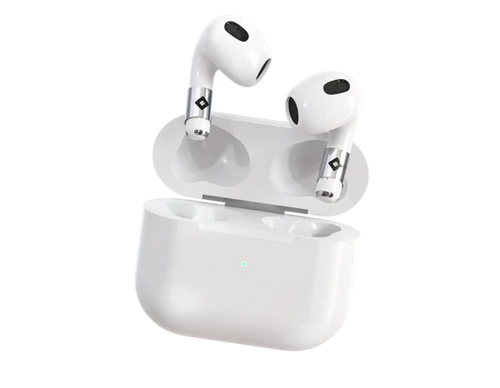
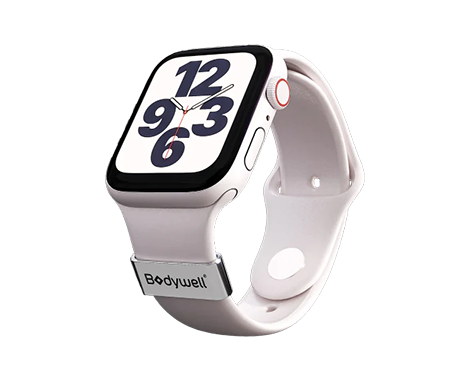









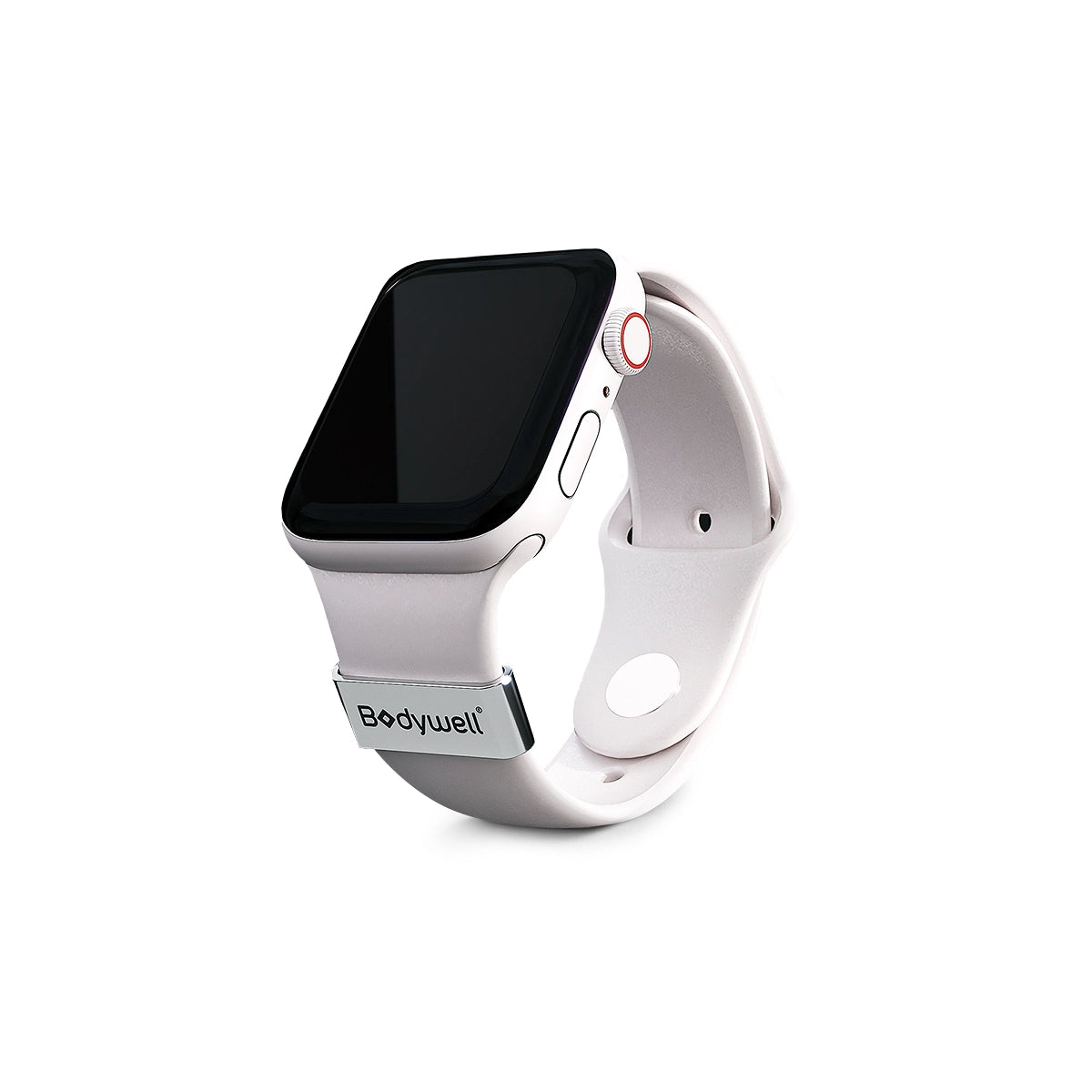
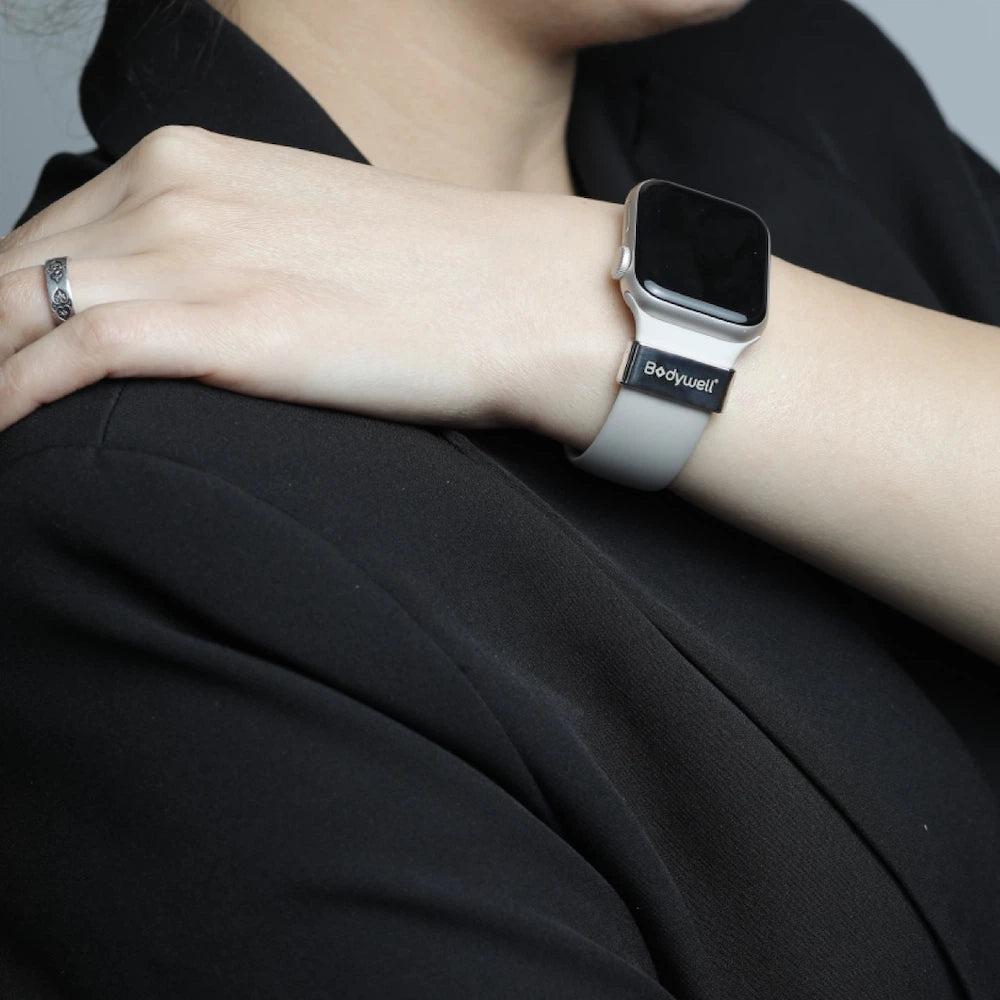


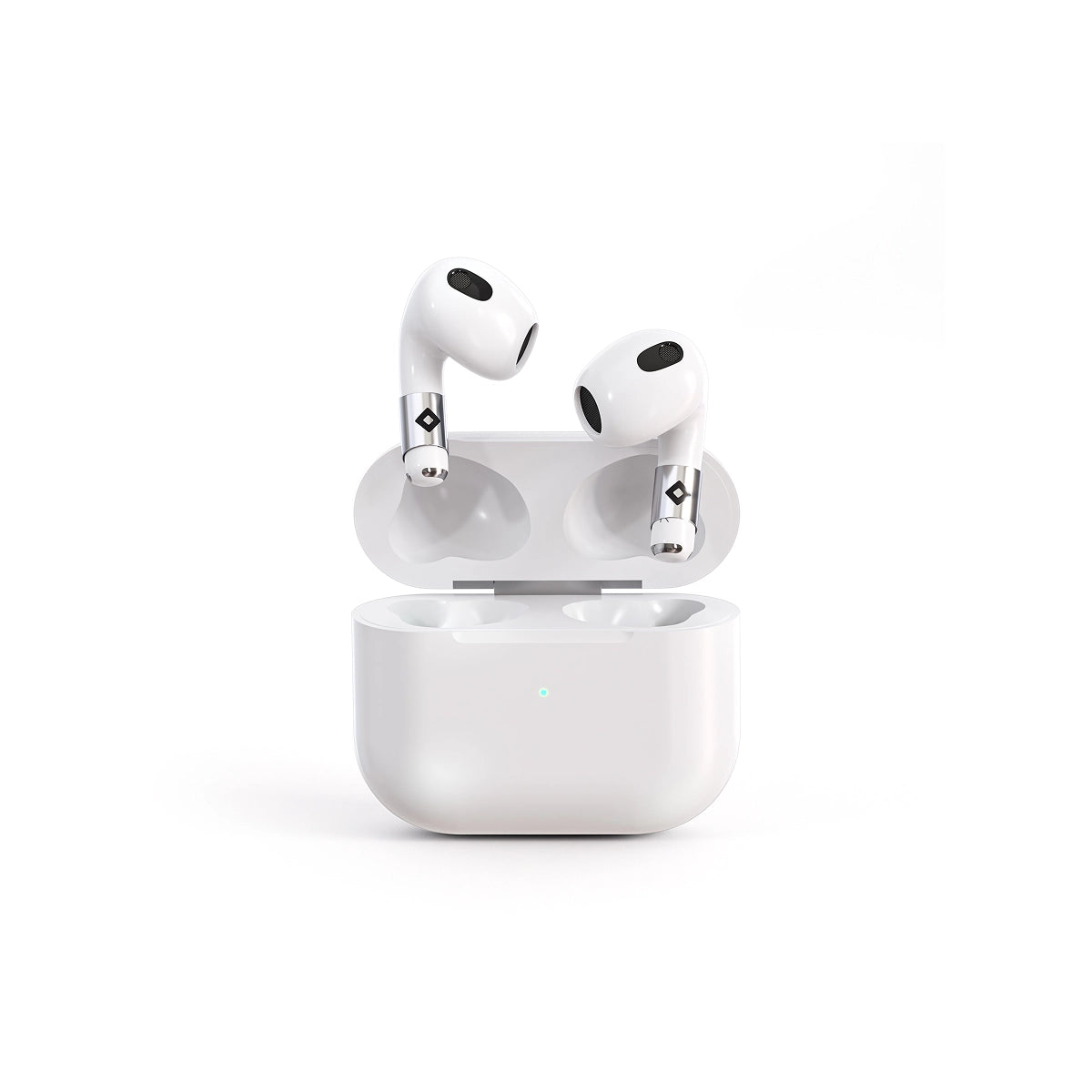

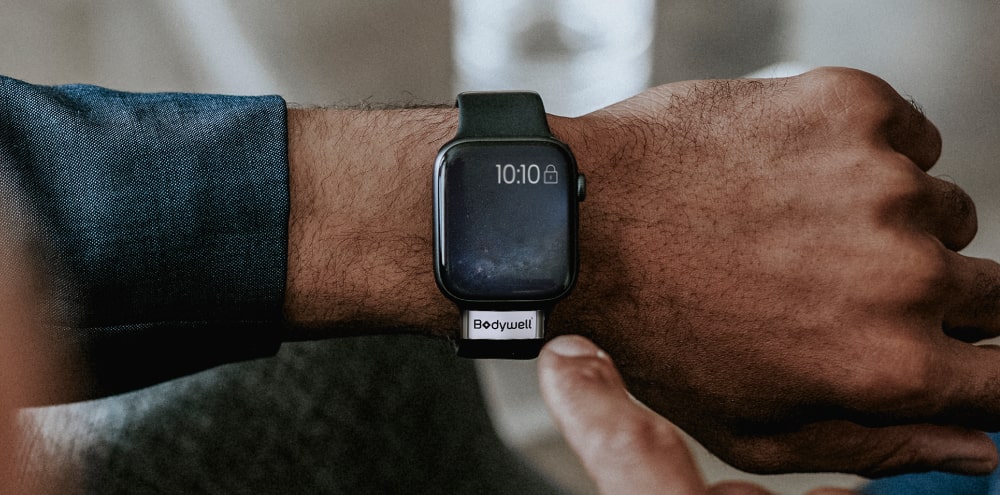

Leave a comment
This site is protected by hCaptcha and the hCaptcha Privacy Policy and Terms of Service apply.